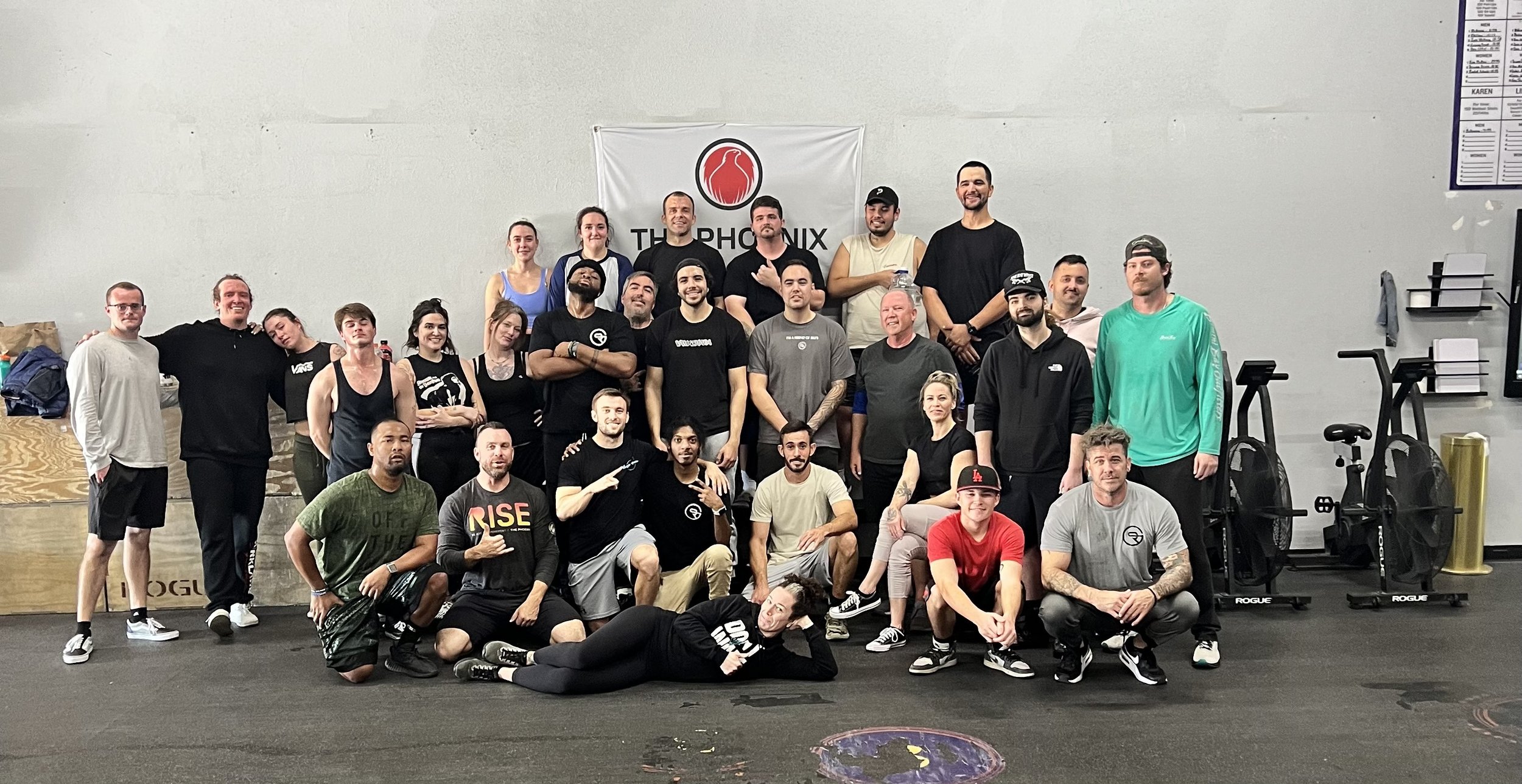Sweating out the Sobriety Struggles.
In Gambit Recovery’s structured sober living homes across Arizona, California, Washington, and Missouri, fitness isn’t extra—it’s part of the routine. Building fitness in sobriety lowers stress and cravings, improves sleep, and rebuilds confidence so you can stay on track. From Chandler, Gilbert, and Mesa (AZ) to West Los Angeles (CA), Poulsbo with easy access to Seattle (WA), and Florissant & St. Charles in the St. Louis area (MO), our houses make movement simple: nearby gyms and parks, house workouts, walking meetings, and weekend hikes that keep recovery active.
5 Benefits of Fitness in Sobriety — Plus Local Ways to Move Near Our Homes in AZ, CA, WA & MO
Reduces stress and anxiety:
Exercise is a proven stress reliever and helps regulate mood—key in early recovery. Consistent movement lowers cortisol, eases anxiety, and gives your brain a healthy reward loop that reduces cravings.
Local ways to move:
• Arizona (Chandler, Gilbert, Mesa): neighborhood greenbelts and canal paths for walks/runs; community rec centers for yoga or light strength work.
• California (West Los Angeles): beach walks, park circuits, and beginner yoga classes near bus lines for easy access from sober living.
• Washington (Poulsbo/Seattle access): waterfront trails and community centers offering group fitness; weekend hikes that keep you connected and calm.
• Missouri (Florissant & St. Charles – St. Louis area): local parks for brisk walks, light jogs, or body-weight circuits; rec center lap swim or open gym.
Improves overall physical health:
Regular movement supports heart health, insulin sensitivity, healthy weight, mobility, and sleep—exactly what early recovery needs. Simple, repeatable workouts compound fast.
Local ways to move:
• Arizona: affordable community gyms; cycle or rower sessions; evening mobility classes to unwind after work.
• California: beginner strength training, body-weight routines at neighborhood parks, or low-impact cardio (bike, elliptical).
• Washington: walk-to-run programs, kettlebell basics, or rowing machines at community facilities.
• Missouri: circuit training at local fitness centers; weekend bike rides on regional trails; flexibility classes to prevent injury.
Provides structure and routine:
Fitness in sobriety anchors the day: same time, same plan, clear win. A 20–30 minute session builds discipline that transfers to meetings, work, and house responsibilities.
Local ways to move:
• Arizona: morning walks before work; lunch-break mobility; evening group walks with housemates.
• California: “commute workouts” (walk to bus/metro, take stairs), short park circuits, or body-weight ladders at home.
• Washington: weekday step goals with house check-ins; weekend hike calendar to keep momentum.
• Missouri: after-work strength circuits; Saturday partner workouts; Sunday stretch/recovery.
Creates opportunities for social connections:
Group workouts create positive peer pressure. You show up for each other, celebrate wins, and stay consistent—exactly how structured sober living works.
Local ways to move:
• Arizona: house step challenges, rec-league drop-ins, or beginner group fitness at community centers.
• California: buddy system for evening walks; outdoor meet-ups for yoga or light circuits.
• Washington: small hiking groups; house “move 20 minutes daily” boards with weekly tallies.
• Missouri: park-meet circuits, casual basketball, or partner resistance-band sessions.
Boosts self-esteem:
Early wins matter. Fitness delivers quick, tangible progress—more energy, better sleep, stronger posture—which reinforces your identity as a person in recovery who follows through.
Local ways to move:
• Arizona: track PRs on steps or distance; celebrate streaks at house meetings.
• California: progress photos (private), add one rep/week on essentials (pushups, planks).
• Washington: weekend “long walk” tradition—coffee after as a social reward.
• Missouri: set a 4-week goal (5K walk, 50 pushups total, consistent 8k steps/day) and ring the bell at the house when you hit it.
Gambit Recovery residents after a Cross-fit group in Chandler, Arizona.
Physical fitness can be a crucial component of maintaining sobriety. It can improve overall physical health, provide structure and routine, and create opportunities for social connection. Being active and maintaining personal fitness can also lift mood, improve sleep, lower cravings, and reduce the risk of relapse. Whether you prefer to work out at home, join a gym, or participate in group sports, there are plenty of options to stay active and healthy during your stay in our houses.
In our structured sober living across Arizona, California, Washington, and Missouri, we make movement simple and repeatable: house step challenges, walking groups after meetings, and weekend hikes. Phoenix-area residents (Chandler, Gilbert, Mesa) have easy access to parks and canal paths; in West Los Angeles, beach paths and city parks make daily movement convenient; in Poulsbo with access to Seattle, waterfront trails and community centers keep it fresh; and in the St. Louis area (Florissant & St. Charles), neighborhood parks and rec facilities make consistency doable. Pair that with accountability—House Manager check-ins, peer workout partners, and a “move 20 minutes daily” norm—and fitness becomes part of your recovery plan, not a side project. This is how our men’s and women’s housing builds a strong foundation: structure, community, and fitness in sobriety that supports long-term success.

